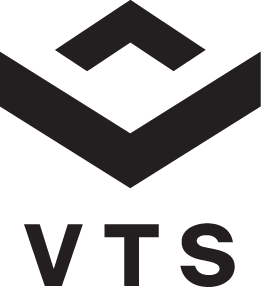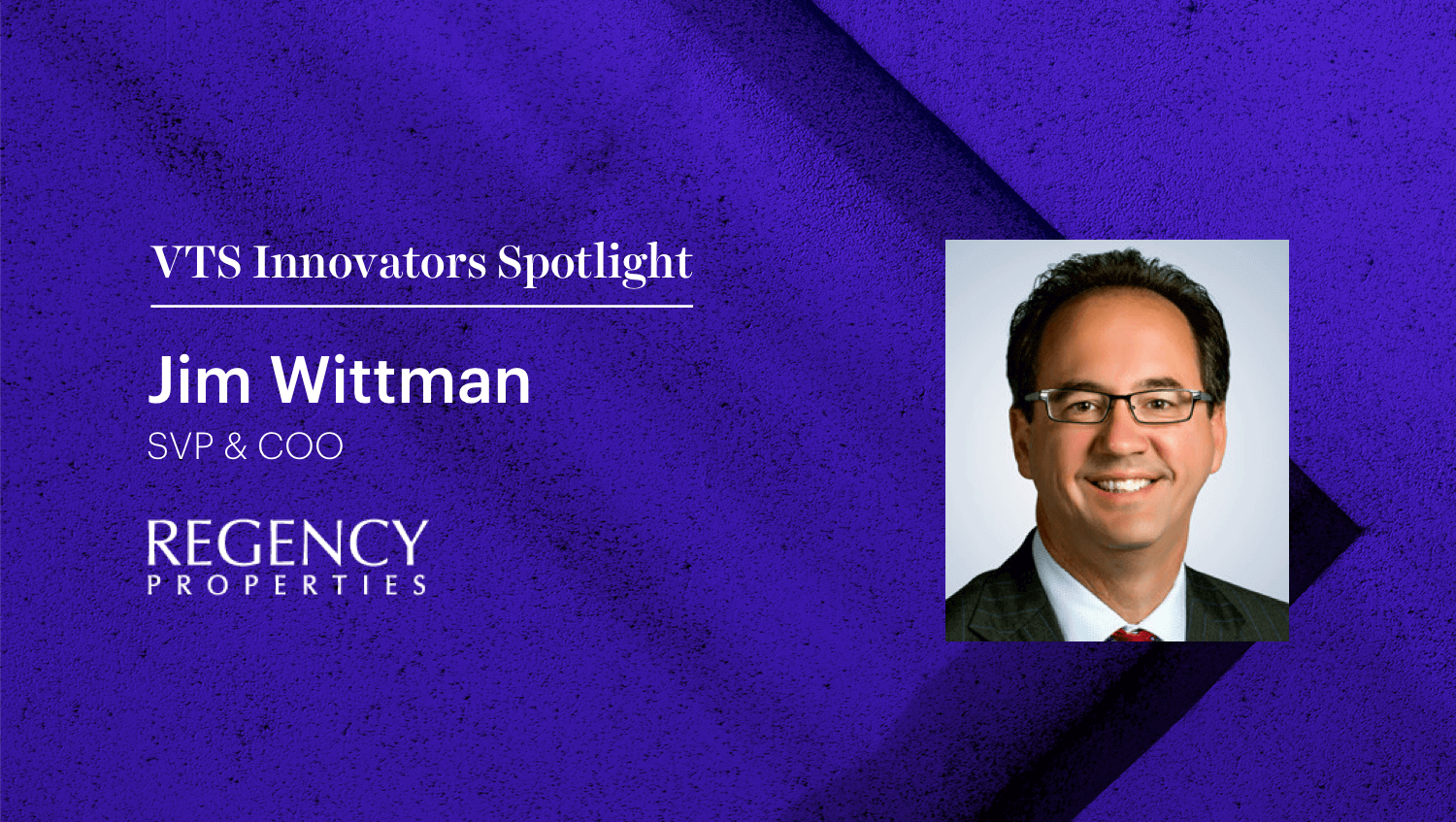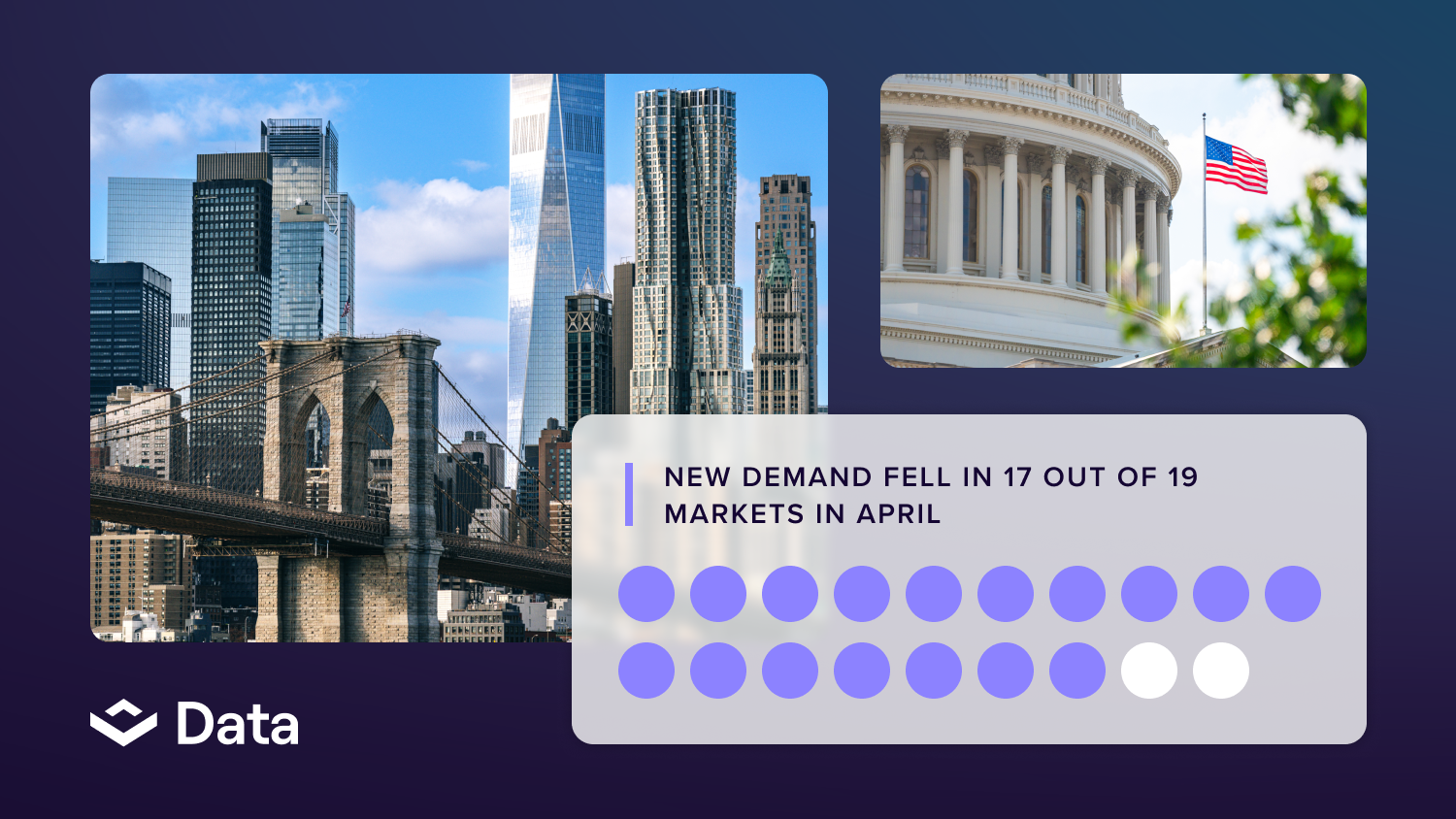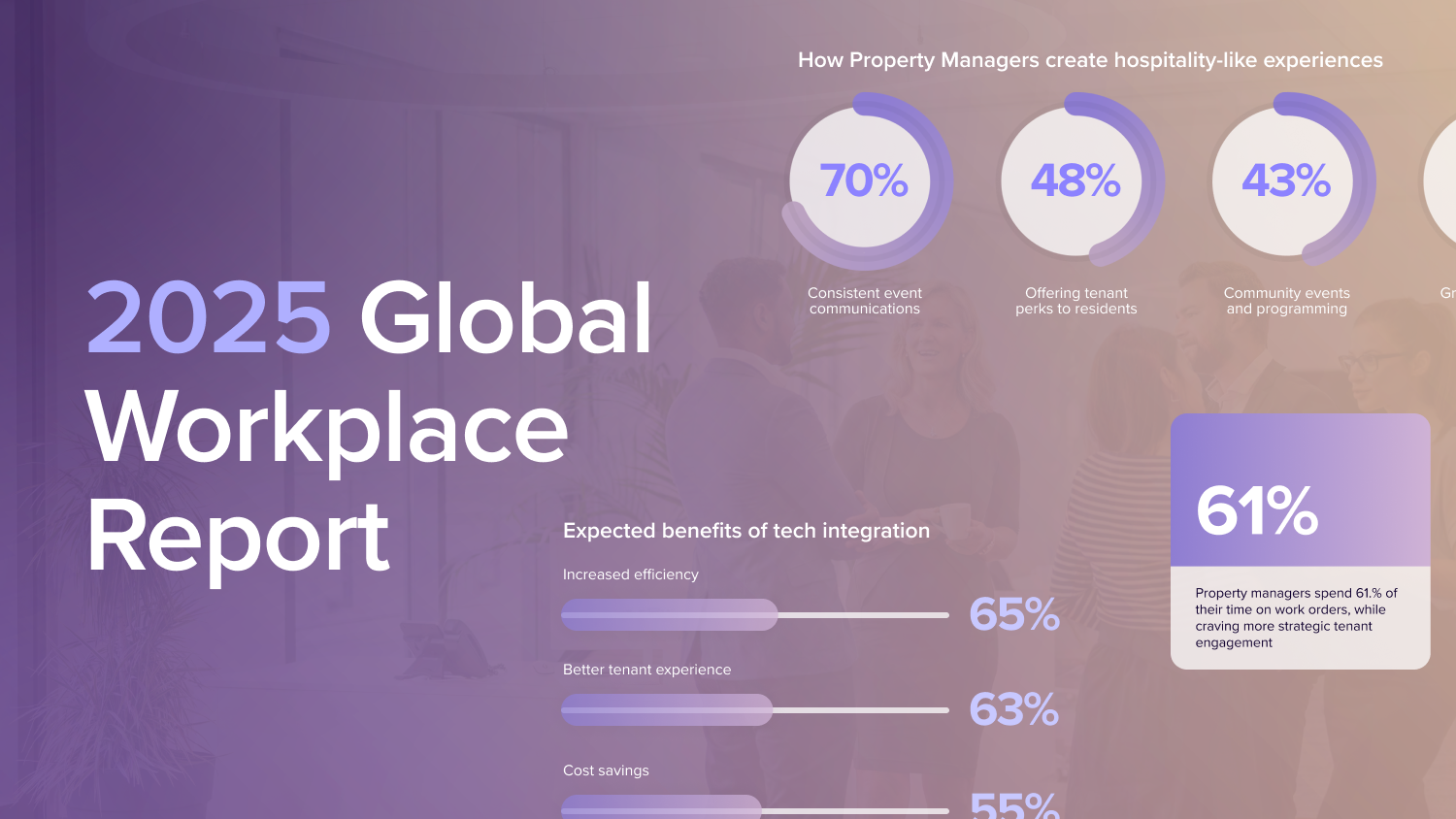To say the retail industry is experiencing some fundamental shifts seems like an understatement. But as with any period of change, there are a few players that are taking advantage of new dynamics and positioning their firms for growth. We’ve had the benefit of sitting down with a number of these industry leaders to get insight into how their retail firms are staying ahead of change and maintaining a sustained level of operating excellence.
Regency Properties is one such leader and serves county seat communities by locating, upgrading, and vitalizing key retail properties in those markets. With 69 properties and 6.82 million square feet of retail space, they leverage current tenant relationships to expand those tenants into new markets and serve the local community. We spoke with Regency Properties’ SVP and COO Jim Wittman to get his thoughts on how Regency is “internet-proofing” their shopping centers and strategically implementing technology to provide a best-in-class retail experience in local communities.
Enjoy!
VTS: How did you get your start in commercial real estate?
Jim Wittman: I’ve been with Regency Properties, and in commercial real estate, for 19 years now. I’ve always said that everything I did prior
My experience with retail is great because I can now better understand our tenants’ point of view. I always tell them, “I understand that where you’re at right now is the most exciting and scariest time of your life.” They chuckle and say, “Yeah, that’s where we are.”
I’ve been through it and it’s given me a lot of empathy when I’m speaking with our clients.
VTS: What does your current role involve? What do you do on a day to day basis?
Wittman: Our operational unit is in charge of everything that happens at our locations every single day. We have property management, which is working with our tenants and working with the property itself — making sure it's maintained and cleaned. Then we have the leasing department, which is in charge of “satisfying the needs and wants of the local economy” — as I like to say.
We really believe our shopping centers are much more than just a place where people go and buy goods: they’re the lynchpin for the entire community. Our communities take great pride that we’re involved and interested in what’s going on at the shopping center, so it’s very important for us to make sure we’re understanding the needs of those communities and fulfilling them.
On the marketing side, we do marketing at individual properties and corporate marketing. I'm in charge of our website and anything else we're doing on a corporate level to advertise ourselves.
VTS: What do you love most about the job?
Wittman: There are two things I really love about it. One is that it’s different every single day and there are new challenges. But, I have 26 folks who report up to me and what I really love seeing is their improvement every day. I love seeing them every day trying to do this, or trying to do that, and helping them get there. I love the people in this industry and the way we’re all trying to make it better.
VTS: Turning to the industry itself, retail has been going through some pretty major shifts. What would you say the most pressing trends are? And how have you been adapting your strategy to stay ahead of them?
Wittman: Yes, our industry is going through a lot of change, but it’s always experiencing change. I remember years and years ago when all of the retailers started getting smaller and smaller (in terms of square feet.) It was because they started getting their inventory delivered to them by FedEx and UPS. They no longer had to wait for a semi-truck to show up. So, it changed how we built shopping centers. You didn’t need them 100 feet deep, you only needed them to be 60 feet deep. That was a tremendous amount of change.
Now, it’s the internet. What are we going to do? Well, we’re going to embrace it and figure out how to make it the best for us. Now we’re much more involved with things like Facebook advertising that I wouldn’t have thought we would be doing. Everyone is on their phone or iPad, so even when the in-store shopping happens, people have already done some online shopping before they show up at that retail location. I think we all have to understand and work with that.
We’re in small towns, so the internet isn’t as big of a problem, but we certainly look for tenants that are more internet-proof — like medical uses, restaurants, and experiences. We haven’t gotten to the point of having concerts every week but we're looking at ways to use vacancy as an opportunity to interact with the community. Maybe we talk to the local chamber at Christmas and they want to have Santa come in for the weekend. We give them the space to do that, but now it’s in our center and it’s drawing more people. We want to use our centers to open up to the community.
Lastly, our industry has always used demographics and tried to figure out what shoppers want when they’re in a specific demographic. Technology is making that much better and much easier. Right now, we’re using geofencing. Geofencing is the process of putting an imaginary fence around a property and sending that to a certain company and they’re able to tell you every cell phone that has crossed the line in the last three years with the associated demographic data of the end user. Instead of us looking at a trade area and speculating who we think will visit, and from how far away, we know exactly who’s been on that property.
Technology is allowing us to get much better at the same things we’ve done for years. I think that’s going to continue to happen.
VTS: To continue that thought, what role does technology play in positioning Regency to adapt to the current environment? Are there any other technologies you’re using in the shopping centers?
Wittman: We run shopping centers in 19 states and we’re all in a single office location. We don’t have people at every shopping center. So, how do know what’s happening? How do we know our vendors are doing what they should be doing? There’s now technology that opens those doors.
When we have someone who wants to look at a space, we can send out a code to let them in, and we know how long they stay. We know when lights are out at our property because we have sensors on the poles. When one light stops pulling electricity, we know it’s out. We’re starting to roll out sensors on the inside of our trash cans so know every time they're being emptied. Now we know the contract we have out is actually being carried out the way it’s supposed to be — or have the evidence when it’s not.
It seems like a very small thing — who cares about the trash? But, it goes back to the environment you’re creating for your shoppers. A full trash can isn’t creating an environment you want, so yes, it may be very mechanical what we’re doing, but it’s for the end user — the shopper — and to make a very good experience when they’re on our property.
VTS: How are you using VTS to work smarter and more efficiently on the leasing side? Where would you say VTS is having the greatest impact?
Wittman: Two ways. First, it’s the number one source for us to know anything about a particular project or shopping center. On the leasing side, a person can now go to a space and know exactly what budget has been set, what rent they should be getting, when the rent is supposed to start, and what rent was there before. There’s just a vast amount of information that we probably had before, but there were two or three different sources we had to look at to find out. Now, it’s all in one place.
Second, the information is out there and published to everyone, every day. We’ve really been able to cut down on our meetings because we know what’s going on — we see it on a daily basis. I no longer have to talk to the CEO about every little detail because he already has a good idea of what’s happening. If an investor calls and says, “What’s your lease buy-in look like?” Quite honestly, before I’d have hoped to have just had a meeting with the leasing staff, so I would know the answer. Now, I don’t have to do that anymore. I know the leasing that’s been going on because I’m seeing it on a daily basis and can go into the platform and dive deeper into it anytime I want.
It’s saved us so much time, not only from a management standpoint but also from the standpoint of the leasing agents. They’re able to say, “Hey, I just saw your notes in VTS. I worked on that same type of deal about two years ago. Let me show you how I got through it .” There’s almost self-training going on here because everyone’s seeing all the information. It’s a huge positive.
VTS: What advice do you have for other retail owners who are just getting started to think about technology?
Wittman: You can’t manage it if you don’t know it. We had a situation where we were using technology, and we let go of it for certain
We were a company that was only 20 people servicing 1.6 million square feet. Now, we’re 50 people servicing almost seven million square feet. We’ve more than doubled our people, but we’ve quadrupled the square footage. We’ve been able to do that through technology. We’ve never had this before, but now we have a finance manager. What does that person worry about? When we have centers coming up for refinancing, he explains to the bank what’s going on in them. He can look into VTS and he may have a question, but he doesn’t have 20 questions anymore because he knows how everything is progressing through the system.
VTS: For a company, like Regency, that wants to be operating at a level of sustained excellence, what do you think are the most important things a company needs to focus on — in order to operate at that level?
Wittman: There’s just one answer to that: leverage technology. You can always throw people at the problem, but if you have the right technological solution, you can throw that at the problem and it will actually fix it.
I said this about VTS. I knew specific reasons why we had to have a system like VTS but this platform opened our eyes to all of the things I didn’t know were an issue once we got on it. I didn’t know it would be such a huge benefit, but we’ve seen it. We’ve seen efficiencies from so many different angles — not just knowing what’s going on, but again our leasing people spend more time leasing with this system. Before, they were spending their time making sure people knew things. We were doing a disservice, quite honestly, to our leasing team.
VTS: Final question - What would you be doing if you weren’t in real estate? Is there a dream job in the back of your mind?
Wittman: If there was a dream job, it would be me out on a circuit doing speeches. I just love to interact with people, to meet new people, and to see how they’ve grown and evolved in their careers.






